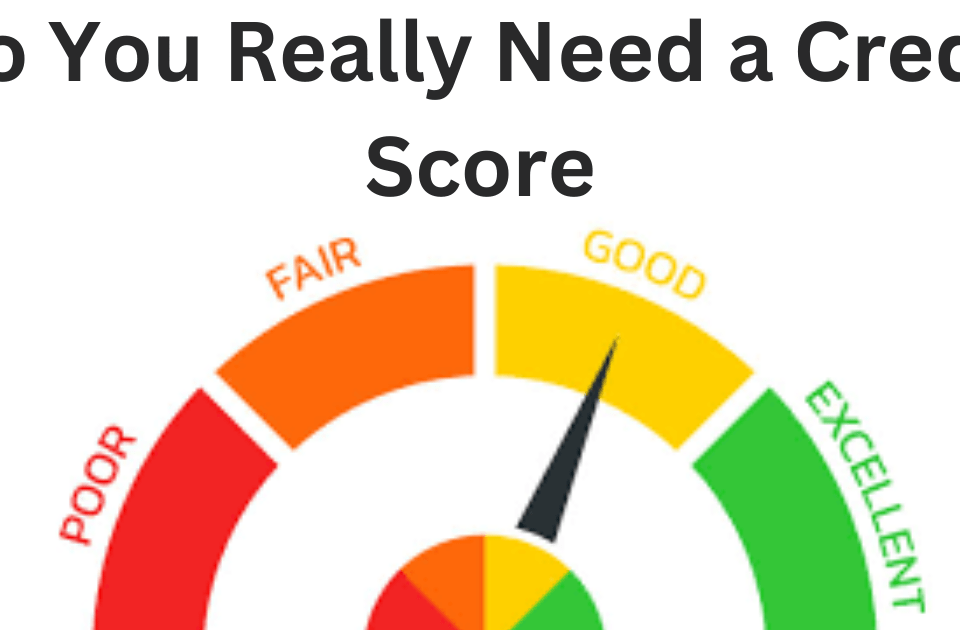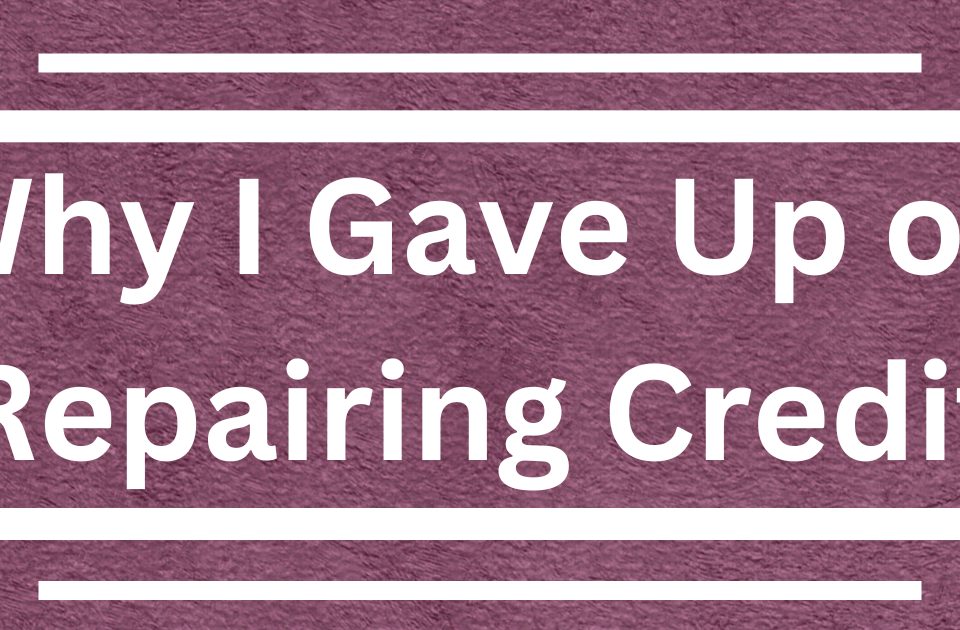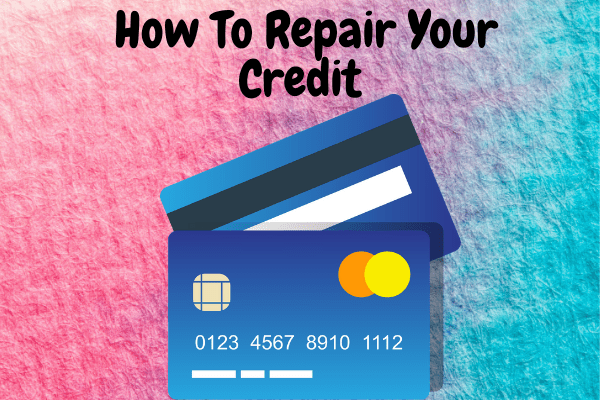How To Use A Collection Agent To Repair Your Credit
How To Use A Collection Agent To Repair Your Credit
Your credit rating is determined by your credit report. If you obtain a loan from a bank, credit card company or another loan establishment, your ability to make your payments on time is reported to a credit reporting agency. Credit reporting agencies then compile this financial information into a personalized credit report, the key to a positive – or negative – credit rating. Any negative notations within your credit history will haunt you for up to seven years and could prevent you from getting another loan. Later in this article, you will read about how collection agent repair your credit.
If you begin to fall behind with your payments to a creditor, the creditor will attempt to receive payment in a variety of ways. After a long series of “warnings,” your debt will eventually be sold to a collection company. The creditor basically “writes off” the loan, and allows the collection company to buy it at a drastic discount. The creditor has pretty much decided that they won’t recover the loan from you and will sell the debt for sometimes half of its original value just to end up with something. The creditor then informs the credit reporting agency, and you are stuck with a black mark on your credit report which stay there for the next seven years.
One extremely important step to credit repair involves taking steps to ensure that the creditor doesn’t “write off” of your debt. As soon as a collection agent contacts you, it is time to act. Don’t contact the collection agency – contact your creditor and try to make arrangements with them. Many times, if you can offer to repay the amount immediately, they can delete the “collection” flag from your credit history. This is the quickest method of credit repair.
If you can’t pay the debt all at once, or for some reason your creditor won’t accept immediate payment in full, you’ll have to deal directly with the collection agency. At this point, remember that that black mark on your credit score can’t get any blacker since the debt is in collections already, so be sure to consider your options before acting. Collection agents are usually aggressive and demanding, implying that will end up in court if payment is not immediately received, and it can be tempting to do whatever they say to get them off your back.
But remember this: that collection company probably bought that debt at about half of the original value, so if you pay a higher amount than that, you are providing them with a profit. Offer to pay less than the full immediately. Many times, the collection agent will accept and want to wrap the situation up as quickly as possible so they can move on the next debt.
You want to achieve successful credit repair quickly, so try to pay your creditor directly and have your “collections” negative mark removed. If your creditor refuses and you must work with the collection agency, try offering them less than the full debt amount. Usually, anything above half constitutes profit to a collection agent, so make a full payment your last resort.






